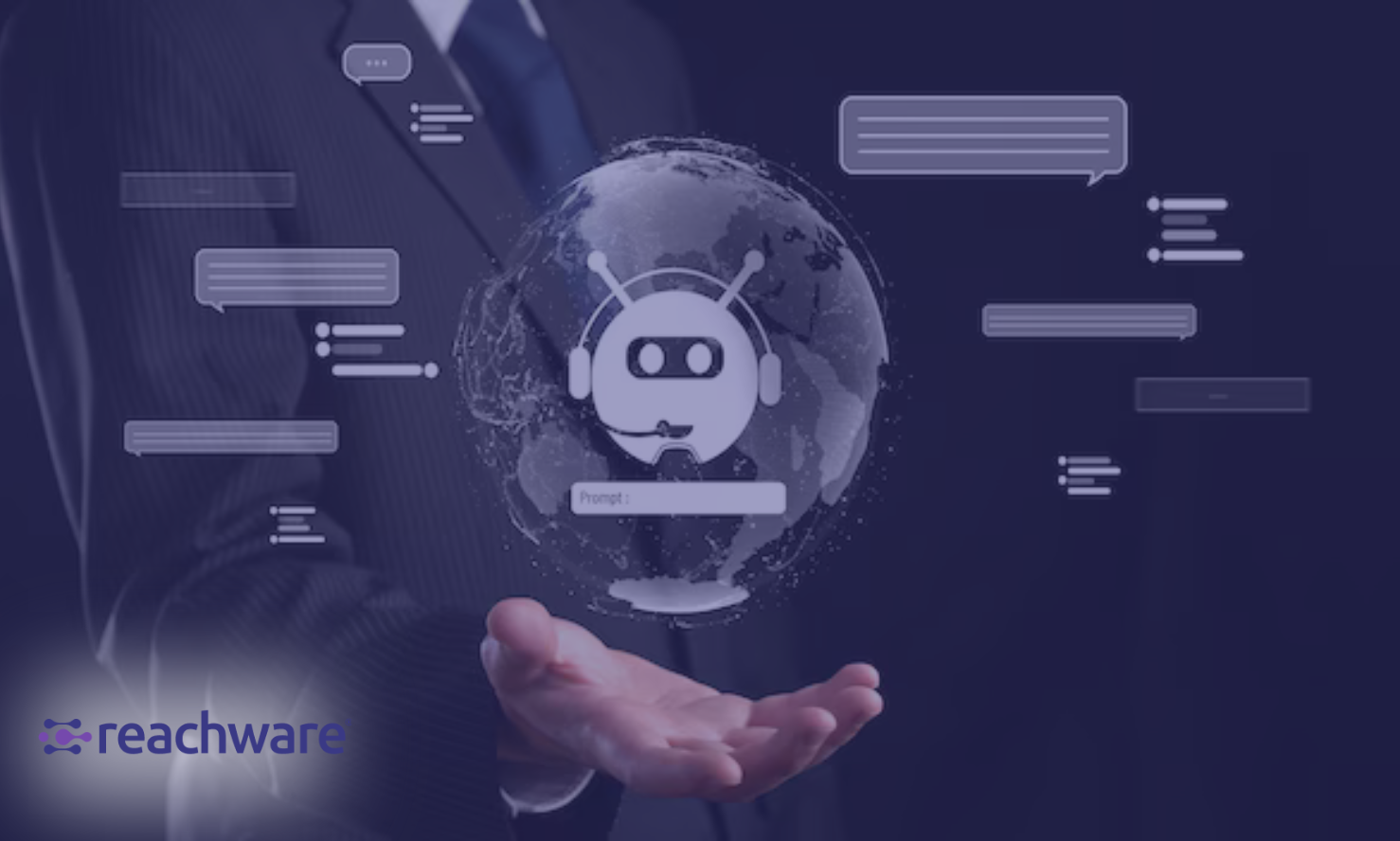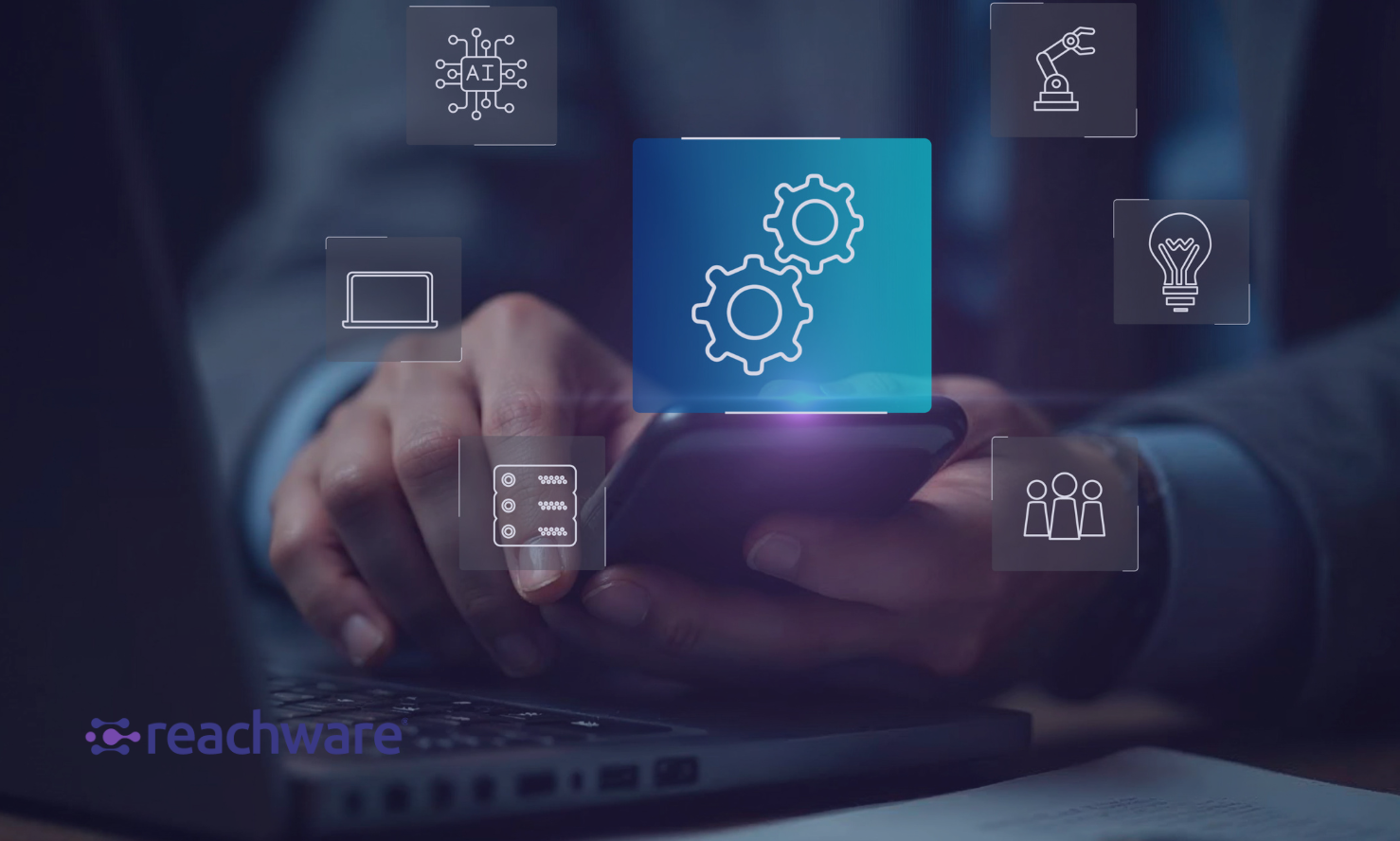No-Code, Smart-Code, and Now Context: iPaaS in the Age of MCP

In the time of the Model Context Protocol (MCP), the Integration Platform as a Service (iPaaS) has evolved from merely connecting applications to enabling context-aware, intelligent data exchange between AI models and enterprises’ systems. MCP allows developers to leverage the first 'C' of contextualized data, standardizing the way the AI models access, interpret, and leverage contextual data in real-time, from multiple source platforms. The data flow from an iPaaS begins a transformation towards middleware that is more cognitive and adaptive. Rather than just transferring data from one point to another, it instils a level of contextual understanding of the why, including the what and how the data is used. In this case, iPaaS has become the bridge for not only APIs and workflows but also model-to-model and model-to-application contexts to interact.
About MCP
With the support of MCP providing the next chapter of digital infrastructure, iPaaS platforms should help provide semantic interoperability, real-time context alignment, and model orchestration in distributed computing environments. This requires iPaaS to serve not only as backend integration but also as intelligent data mediation to create greater and faster decision-making abilities for AI models across any cloud-native or hybrid cloud environment. In short, iPaaS is no longer about integrating systems but intelligence, moving toward augmentation from automation at the enterprise level.
Integration & the Model Context Protocol: A Symbiotic Relationship
Integration is the practice of establishing connections among different systems, applications, or components, allowing them to operate together as a unified whole. It supports the transfer of data among systems, allowing them to act in real-time, automate processes, and improve the efficiencies offered by each of these systems. Integration is particularly relevant in instances where many technologies are required to work together—such as in IoT, distributed computing, and cloud-based systems. In these instances, the importance of managing the flow of both data and processes is further heightened. This is when "protocols" like the Model Context Protocol (MCP) become relevant.
The Model Context Protocol (MCP) is a structured means to manage and share contextual information among the integrated components of a distributed system. When integrated systems share contextual models—user identification, environmental conditions, device state, etc—MCP defines how they are represented, sent, and understood by the systems. By formally defining a limited set of rules and a data structure, MCP allows every integrated system, or contextual model, to share its contextual information while enabling every received information to be actionable for that contextual model (and, thus, the system ultimately driven by those models) by the context of earlier received information, supporting a coherent and responsive set of actions across a distributed system.
While the relationship between integration and MCP is linear in the sense that MCP enables intelligent and adaptable integration, it is compounded by the means that MCP offers not just an ability to merge—and share data—but the contextual models to understand the context in which the data could be generated, viewed, and used. In this manner, systems are able to deliver context-aware relevant services, and they can also adapt dynamically with respect to a changing context, enabling complex workflows across platforms.
MCP: No Code, Just Smart Code
MCP does not depend on traditional, manual-coded logic or extensive scripting. Instead, it uses smart code, an intuitive, AI-enabled flexible structure of modules, allowing models and systems to autonomously generate new information from data. This smart code operates on constructs such as predefined schemas (machine-readable), machine metadata and context rules that allow applications and model systems to connect without manual coding or scripting. The use of smart code for transforms potentially removes isolating a dozen lines of code for integrating several data systems with sending the data or coding altogether. Your typical function is then to create new intelligent workflows and then allow the system to adapt, providing useful information when you need it without the hassle of coding complexity while creating operational efficiency in scalable applications.
The smart code is like an interpreter, with the ability to dynamically evolve the way it interprets inputs and outputs based on real-world context. MCP conceptually abstracts a typical code process by replacing its metainformation with embedded logic within self-aware components (e.g. contextual APIs, semantic adapters). The smart code knows how to "speak" to each other based on their model protocol and does not need code to advise it on integrating data to integrate systems. In short, MCP replaces static code foundations with intelligent, flexible architectures, offering all the utility of code without all the complications of being a coder.
Features that take part in Smart Code
Contextual Data Management
MCP enables systems to manage data in context and not in format. In other words, iPaaS can know why the data is being processed or how it relates to the process - the outcome goal impact. When a system and another system begin to use data, MOV or MOAC, they are going to interpret the data accordingly and take action through understanding. Therefore, iPaaS can create less repetitive logic and adjust it in real-time. In theory, we can start releasing the smart systems to totally decide on each context and the data. For us, the routing limitations have been eliminated.
Semantic Interoperability
This technology is built on the idea of using common data languages and models. It enables different systems to transition data, understand the data, and interpret the potential without creating custom code. When the models use the same semantic language, the friction in the governance and interoperability of data exchange is minimized, creating collaborative intelligent governance. With it, systems can align and operate together regardless of their fundamental differences.
Model-Oriented Architecture
MCP serves APIs and services as models according to a common design language/structure. These models exchange context and data, not hard-wired input. The architecture is flexible, and models and components can change or adapt right away; it does not depend on back-end code and developers to change. iPaaS can also be less static and more dynamic, as they essentially will 'scale' operation with intelligent models, not static modeled computers. Instead of hard, inert lateral connections, we have responsive living networks of intelligent models.
Event-Driven Intelligent Triggers
With MCP, workflows can be built to respond to events in a more intelligent manner with greater context. Rather than being simple traditional if-this-then-that triggers, they can take into account context, behavior, and user intent. iPaaS platforms can support the execution of intelligent triggers to automate actions that seem intuitive. For example, suppose a system detects some kind of risk. In that case, it can delay the completion of a certain process. Maybe if two tasks are triggered concurrently, the system will be able to assess the urgency of one task compared to the other, thus executing one task before the other. It is a way to add intelligence to the execution without writing intricate logic.
Declarative Configuration not Placing Code
Instead of writing code line by line, clients can define what they want and let MCP handle the how. Through the use of metadata and context rules defined by the users, they can configure higher-level integrations using a few visual tools or text-based instructions. While this process may seem simple from the user perspective, the back-end process (smart-code) is converting metadata and context rules into actual do's. Besides the benefits of saving time, lowering some technical barriers, and making powerful automation accessible to non-developers.
Smart Integration, Smarter Findings – Powered by Reachware
In Saudi Arabia, Reachware offers the Model Context Protocol as one of its integration solutions to allow businesses to create smarter context-aware systems. MCP facilitates machine-to-machine communication across many applications and platforms while understanding the context of every piece of data, from user behaviors to device status and operational context. This allows organizations to automate their workflows based on intelligent responses to dynamic conditions to make data-driven decisions with the greatest accuracy. By leveraging this model, Reachware helps enterprises achieve a deeper level of digital transformation and operational performance across many sectors, including healthcare, logistics, and retail.
As systems become more interconnected in the KSA to enable improved IoT adoption, strong integration initiatives with Reachware’s provision may be one of your organization's strongest tools for success. It enables organizations to move from simple data exchange to intelligently orchestrated services, where systems seamlessly make real-time decisions based on common contextual understanding. From advanced e-commerce capabilities to smart city infrastructure, Reachware’s MCP-enabled intelligent integration services keep Saudi businesses agile and innovative in the digital transformation ecosystem.
Frequently Asked Questions
What is MCP (Model Context Protocol)?
MCP is a protocol for computers that allows them to share context and understand context, benefit an organization, and thus improve the ability to build intelligent automation and processes with collaboration.
How has Reachware used MCP within Saudi Arabia?
Reachware uses MCP in its solutions to help businesses operating in KSA create smart systems and build context-aware systems that improve communication.
Which KSA industries can use MCP-based integration?
Industries like retail, health care, grounded logistics, and smart infrastructure departments can benefit from the services provided by the MCP protocol.
Is MCP integration suitable for small businesses?
Yes, the MCP protocol can be applied to and scaled down for all business sizes to assist it with its operations, hence improving reaction time to the contexts it relies on to operate successfully.




























